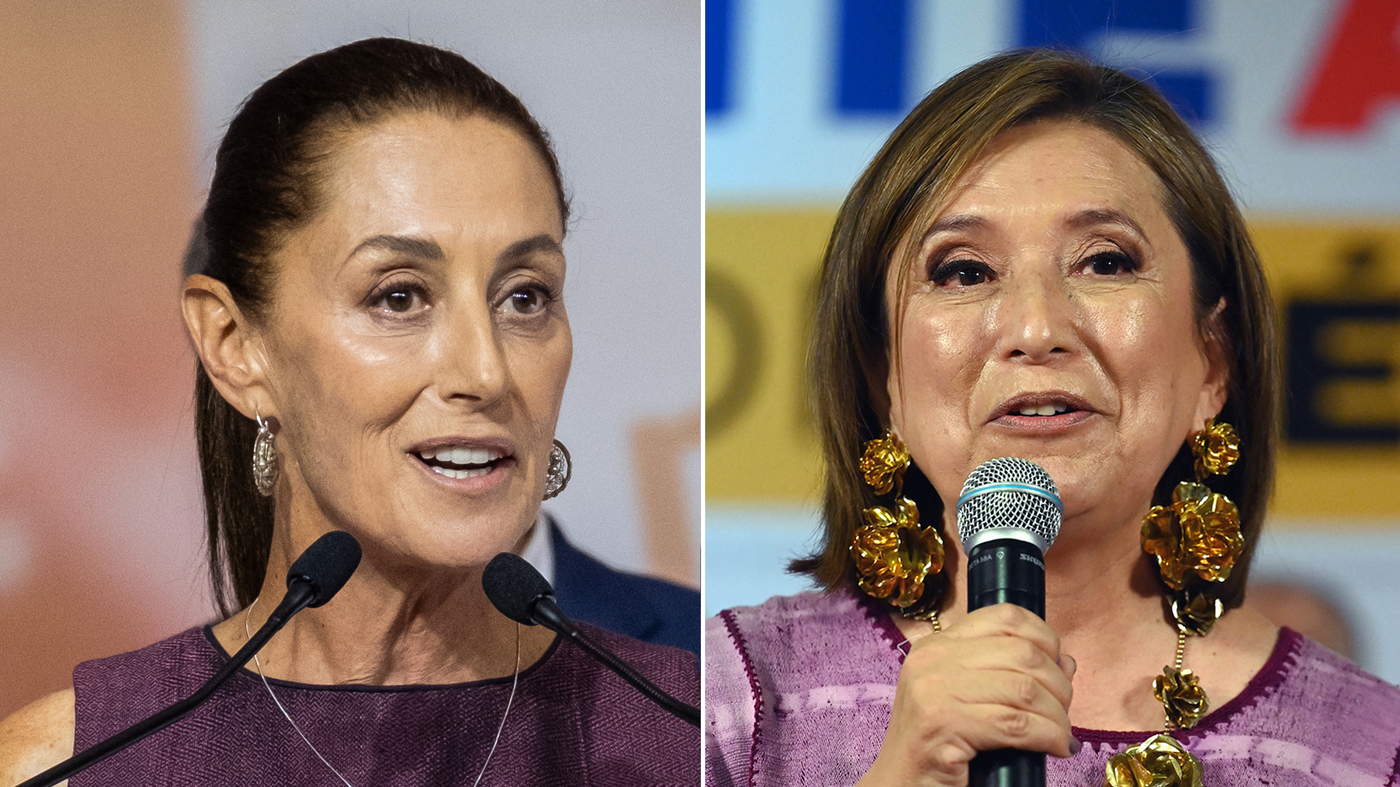On June 2, 2024, when the polls close and all the votes are counted, Mexico will have elected its first female president. Either Claudia Sheinbaum of the left-wing Movimiento Regeneración Nacional (MORENA) Party or Xóchitl Gálvez of the opposing Partido Acción Nacional (PAN), Partido Revolucionario Institucional (PRI), and Partido Revolucionario Democrático (PRD) coalition will make history. However, the important question remains: Beyond the issue of representation, would either candidate make a tangible difference in advancing women’s rights in Mexico?
Mexico has already made monumental steps toward achieving gender equality. In 2019, the state passed a constitutional amendment guaranteeing gender “parity in every aspect of government.” Today, Mexico’s Congress is 50 percent women, putting the country ahead of the United States in gender parity. Indeed, the Inter-Parliamentary Union ranks Mexico 4th in the world in gender parity and the United States 71st. Additionally, in 2021, Mexico’s Supreme Court decriminalized abortion, a decision that both Sheinbaum and Gálvez support. Despite these major changes, violence against women has surged in recent years. Mexico is one of the leading countries in femicide, a term that describes “intentional killing with a gender-related motivation.” Between 2015 and 2021, Mexico’s femicide rates rose by 135 percent.
Fighting to expand Mexican women’s rights should be at the forefront of the next president’s political agenda. Sheinbaum is the woman for the job.
As the protégé of the popular President Andrés Manuel López Obrador, Sheinbaum is the current frontrunner. She is expected to continue on the socially-progressive path of her predecessor, and her recent advocacy reveals her dedication to women’s rights. Notably, on May 31, Sheinbaum collaborated with United Nations Women to co-organize a conference titled “The Dialogue of Women of the Americas: For Rights and Well-Being.” The event brought together prominent female politicians from across Latin America, including former Chilean President Michelle Bachelet and Colombian Vice President Francia Márquez, to engage in discussions about gender equality and justice for women.
Moreover, during her time as mayor of Mexico City, Sheinbaum recognized the urgency of addressing femicide and violence against women. Under her leadership, the city established centers where “victims of violence could receive legal and psychological support;” launched an “emergency hotline for women to report violence;” and bolstered efforts to prosecute femicide cases, including through the creation of a DNA bank and a Specialized Prosecutor’s Office for the Investigation of the Crime of Femicide.
By contrast, while Gálvez often uses the slogan “ovaries are needed” to fight crime, she does not seem to have any policy prescriptions to address violence against women. In an interview with Mexican newsite Imagen Noticias, Gálvez detailed her experience growing up with a violent and sexist father, and claimed she will have proposals in her campaign to ensure women no longer need to live in these situations––but they remain to be seen.
Gálvez does support legislation targeting poverty and gender inequality, promising that “pushing for equal pay for men and women would be a priority of her government.” However, her more progressive ideas, especially her liberal views on abortion, contradict those of PAN, the traditionally conservative party in her coalition. As a result, if elected, Gálvez will likely have a difficult time passing any substantial policies for women’s rights.
Although the possible election of Sheinbaum would likely help advance women’s rights in Mexico more than her competitor, according to the Wall Street Journal, “Feminist groups aren’t certain that a female president can bring real change for women in Mexico.” This can likely be attributed to the country’s long history of grappling with corruption and machismo culture.
But not all hope should be lost. Research shows that the long-term impact of a female president often leads to an increase in women candidates down the line. If we begin to see more female political representation, and over time as societies become more accustomed to a gender parity, stereotypes can change and female candidates will not be wary of adopting strong policies that improve the lives of women. In this way, real policy change will first necessitate a significant cultural change by way of the political system. Regardless, the election is still an historic moment for Mexico, demonstrating its potential for an expansion of women’s rights in the long term.
